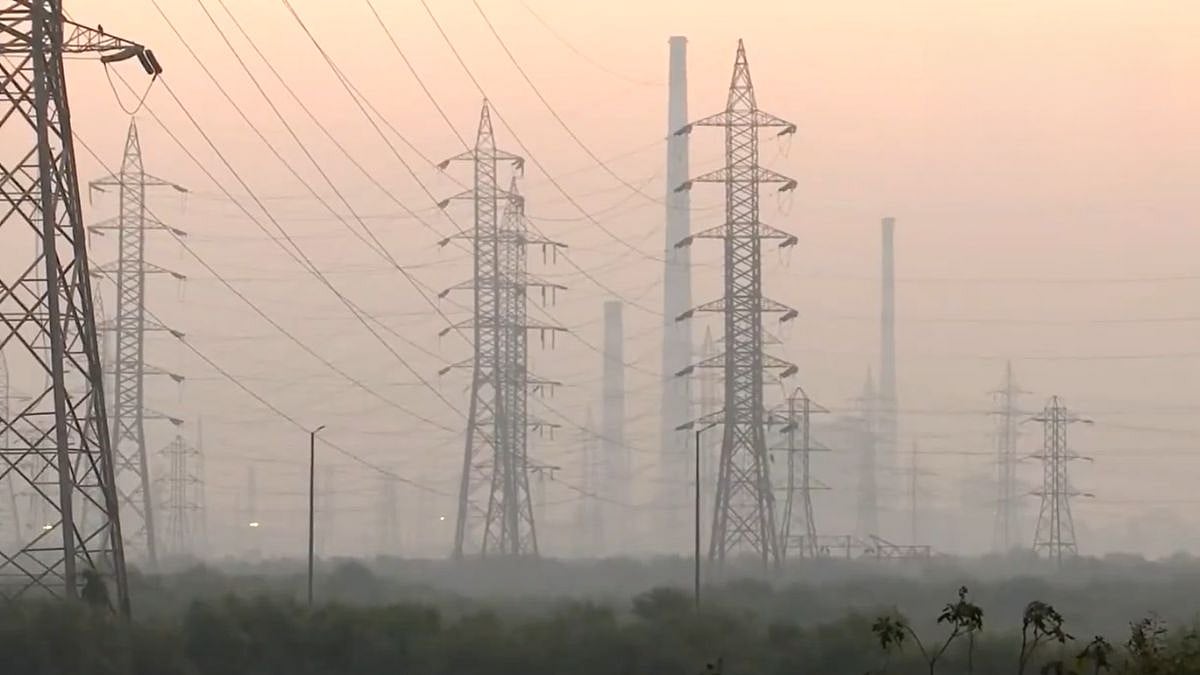Mumbai : Doctors and health experts claimed there must be some antigenic shift in the H1N1 virus which has taken a toll on the H1N1 patients who died in Maharashtra this year. According to the state surveillance data, until July 28, 192 deaths were reported due to H1N1, making Maharashtra the second highest with 2,000 confirmed H1N1 cases.
Doctors say, the new facets of this has been, those patients without any other illnesses (comorbidities) have succumbed to the H1N1 than those with other symptoms.
“This could be more due to the changed mutation in the virus, those without comorbidities have to be extra cautious during the monsoon and winter,” say leading doctors of Mumbai.
Dr Pradip Awate, state surveillance officer said, out of the 192 deaths in Maharashtra, 108 (44 per cent) died without comorbidities, while 84 (56 per cent) had comorbidities.
“More than half the number of patients who died this year due to H1N1, did not have any comorbidities which could have lowered their immunity and increased their chances of death in H1N1,” he said
Dr Harshad Limaye, consultant, internal medicine and infectious diseases, Nanavati Super Speciality Hospital, said the virus is known to cause mortality mainly in patients with compromised immune systems and old people, but trend is changing which is affecting young patients.
“Migratory population and seasonal allergies during monsoon led to more number of deaths in young patients with no comorbidities. Also some antigenic changes in the virus may have changed its virulence, but that's only a clinical possibility, it needs to be confirmed by authorities,” said Dr Limaye.
Doctors, seem worried, those otherwise healthy patients with no comorbidities seem to be dying sooner than the other patients. In fact compared to other patients, pregnant women, children and senior citizens are at a higher risk of acquiring H1N1 virus. “Among those patients with comorbidities, 60 were detected of diabetes, hypertension or both, while five victims were pregnant women,” said Dr Awate.
Doctors working in government hospitals have blamed the private practitioners for the increase in number of H1N1 deaths stating they have often delayed the treatment while waiting for H1N1 test reports, instead of starting with treatment.







